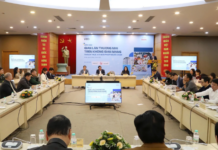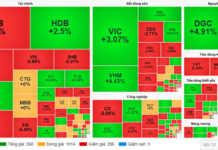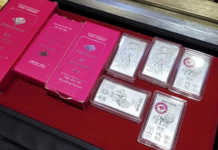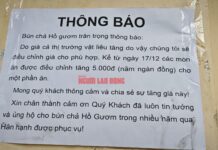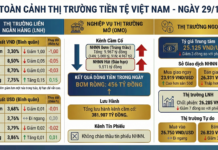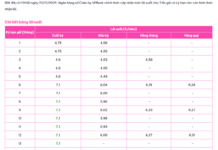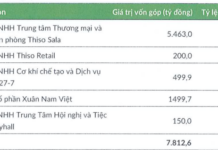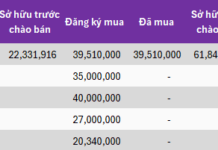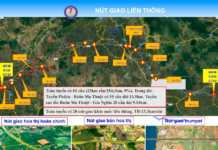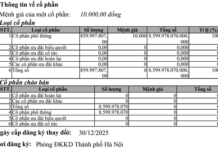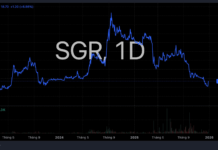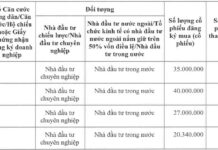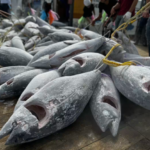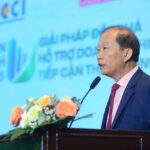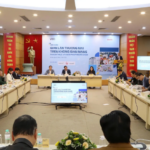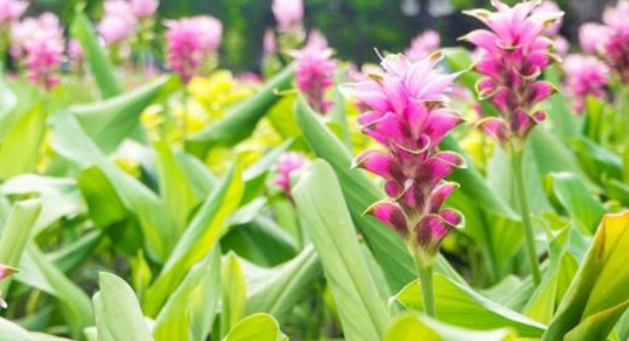
Illustrative Image
According to statistics from the Vietnam Pepper and Spice Association (VPSA), in the first seven months of 2025, Vietnam exported 16,084 tons of ginger, turmeric, and other spices, with a total export turnover of $42.8 million. Compared to the same period last year, export volume decreased by 17.5%, while turnover increased by 12.8%.
Currently, about 110 domestic enterprises are involved in exporting these commodities. Some of the leading companies include Synthiet Vietnam, Expo Commodities, and Phuc Loi.
Ginger is being favored by many localities in their strategy for sustainable agricultural development. As a crop that is easy to cultivate, resistant to pests and diseases, and requiring minimal chemical fertilizers, ginger is well-suited to the conditions of many hilly and mountainous regions. In addition to its economic benefits, ginger also contributes to soil improvement, erosion control, and increasing green cover.
Ginger is also a drought-tolerant crop that can grow in various soil types. By-products from processing, such as ginger residue and fiber, can be utilized as fertilizer, animal feed, or raw material for the pharmaceutical industry.
With the rising consumption trend in many Asian and European countries, organizing material regions in cooperation with cooperatives and enterprises is helping farmers stabilize their output while creating job opportunities for rural laborers. According to experts, developing ginger cultivation not only brings economic benefits but also aligns with the orientation of building an ecological, circular, and climate-resilient agriculture.
Regarding turmeric, although it is popular in Vietnam, it is a rare and exotic spice globally, found only in a few tropical countries such as India, China, Vietnam, Thailand, Myanmar, and Nigeria. Vietnam is one of the largest turmeric-growing countries worldwide, with over 50,000 hectares as of 2021, mainly in the Central and Highland regions, including Quang Nam, Quang Ngai, Gia Lai, Kon Tum, Dak Lak, and Dak Nong. Turmeric powder is the most sought-after product internationally.
Vietnamese turmeric powder is renowned for its attractive color, pleasant aroma, and retention of curcumin, a compound with numerous health and beauty benefits. These include anti-cancer properties, digestive support, liver protection, immune system enhancement, memory improvement, and skin whitening. Vietnam’s advantage in spice production lies in its lower production and labor costs compared to developed countries. Additionally, with a large cultivation area, Vietnam can optimize production costs, making its turmeric powder highly competitive in the international market. The price of Vietnamese turmeric powder ranges from $2,000 to $2,500 per ton, while Indian turmeric powder is exported at $3,000 to $3,500 per ton.
According to statistics, Vietnam is the third-largest country in the world in spice supply and processing, after India and China. The Vietnamese spice industry has 14 factories with advanced processing technology. Previously, in 2024, Vietnam exported 29,544 tons of ginger, turmeric, and other spices, with a total export turnover of $59.5 million. Compared to 2023, the export volume decreased by 15.5%, while turnover increased significantly by 20.7%.
“Financial Institutions Embrace the Digital Asset Revolution”
The legalization of digital assets marks a pivotal moment in Vietnam’s legal history. While the regulatory framework is still a work in progress, the investment appetite from financial institutions is palpable, with many proactively laying the groundwork to enter the fray when the proverbial green light shines.
The Tech Industry Petitions to Exclude Technical Operations from the Scope of Crypto Asset Management
On June 2nd, Endeavor Vietnam JSC, representing a consortium of tech enterprises including ZenX (Ninety Eight), Web3 Vietnam, Oraichain Labs, Athena Studio, and Sky Mavis, submitted a proposal to the government and relevant authorities. The proposal suggests excluding pure technology development and technical service provision activities from the scope of the pilot resolution for the cryptocurrency market in Vietnam.
Navigating Tariffs: Exploring New Markets, Revitalizing Old Ones
“With the ever-increasing commercial competition, businesses are now looking to explore new avenues. Tapping into niche markets, venturing into new territories, and revitalizing old ones are the strategies that will pave the way for future success. It’s time to adapt, evolve, and embrace these new challenges.”

